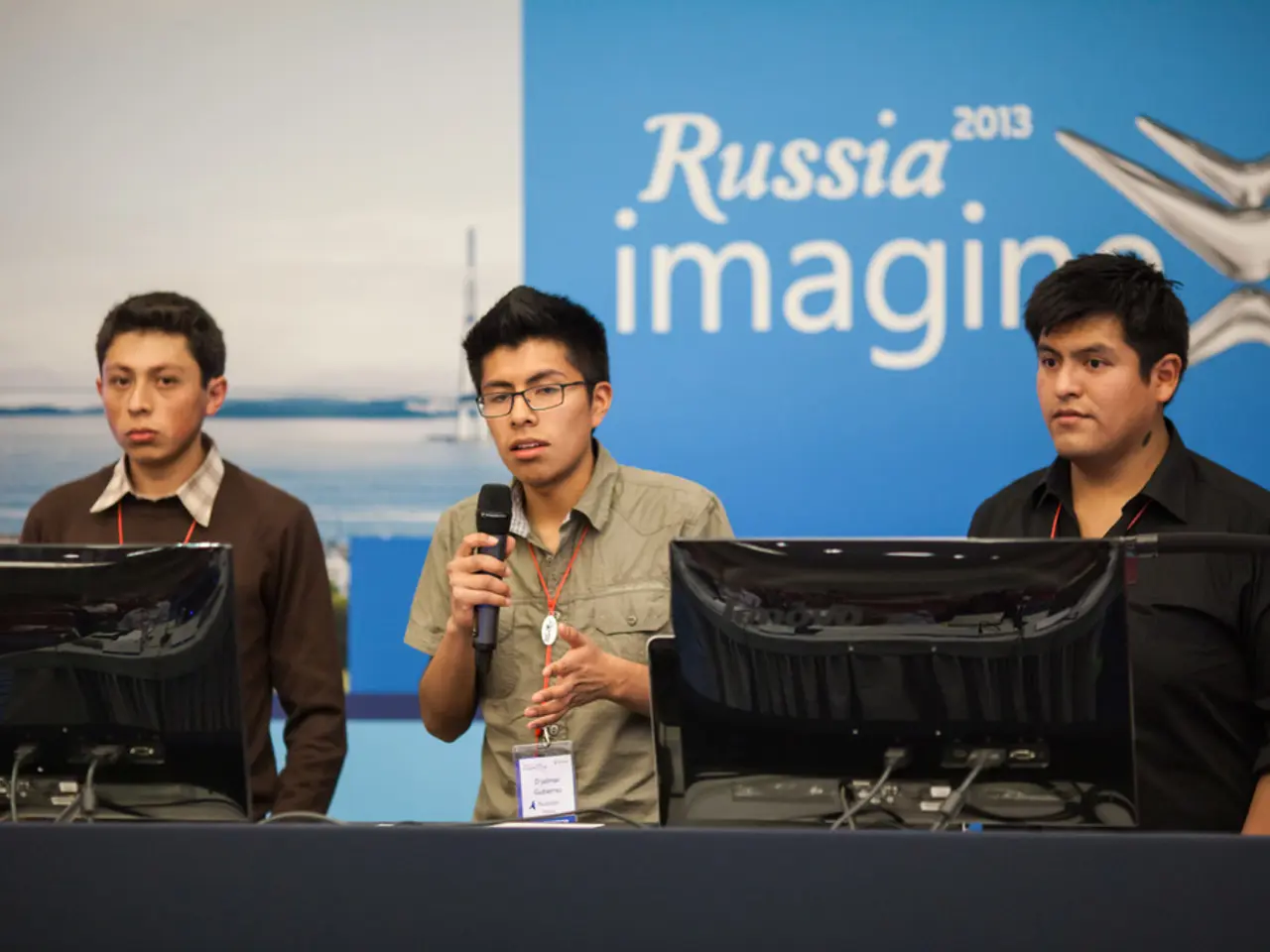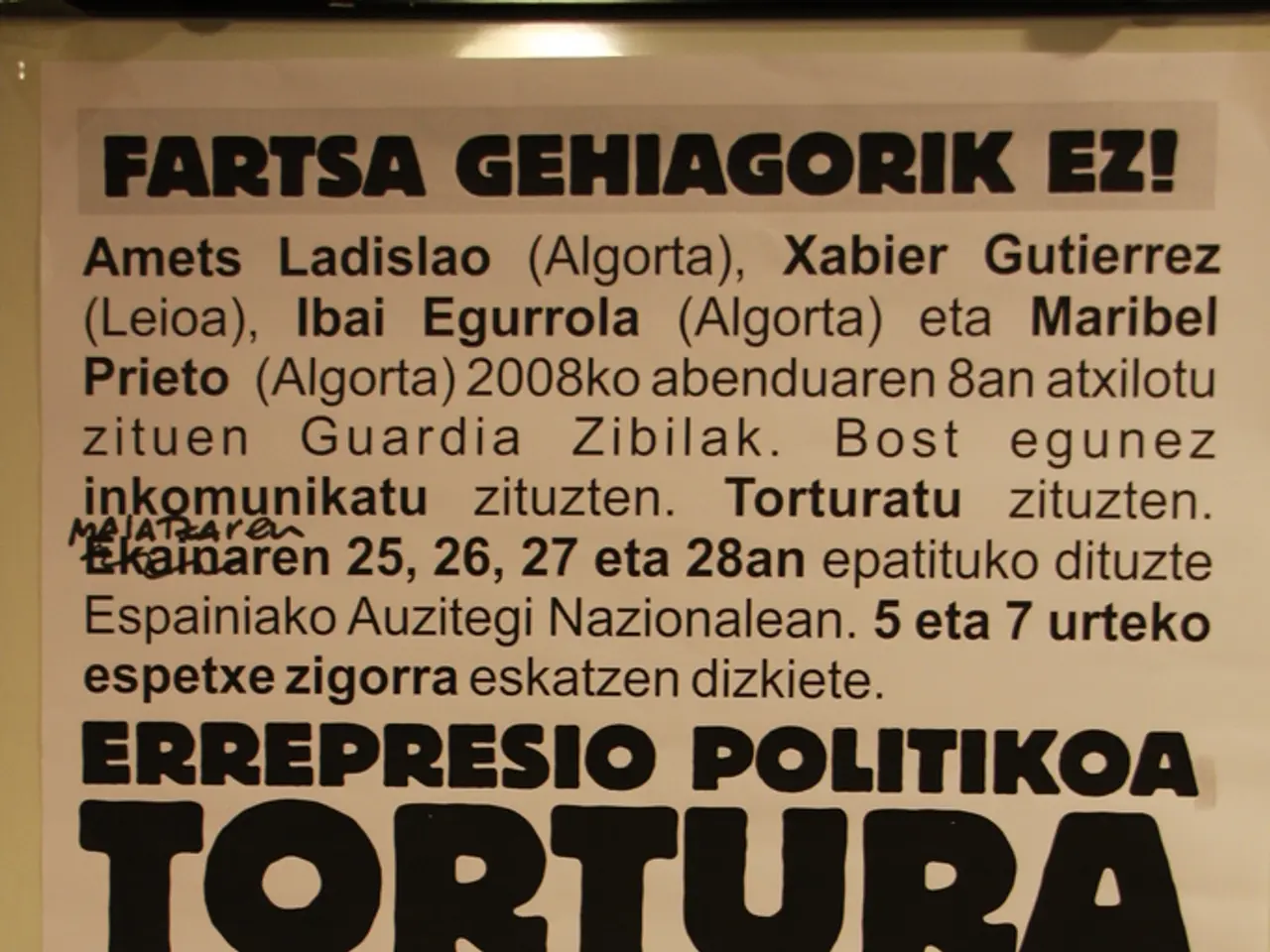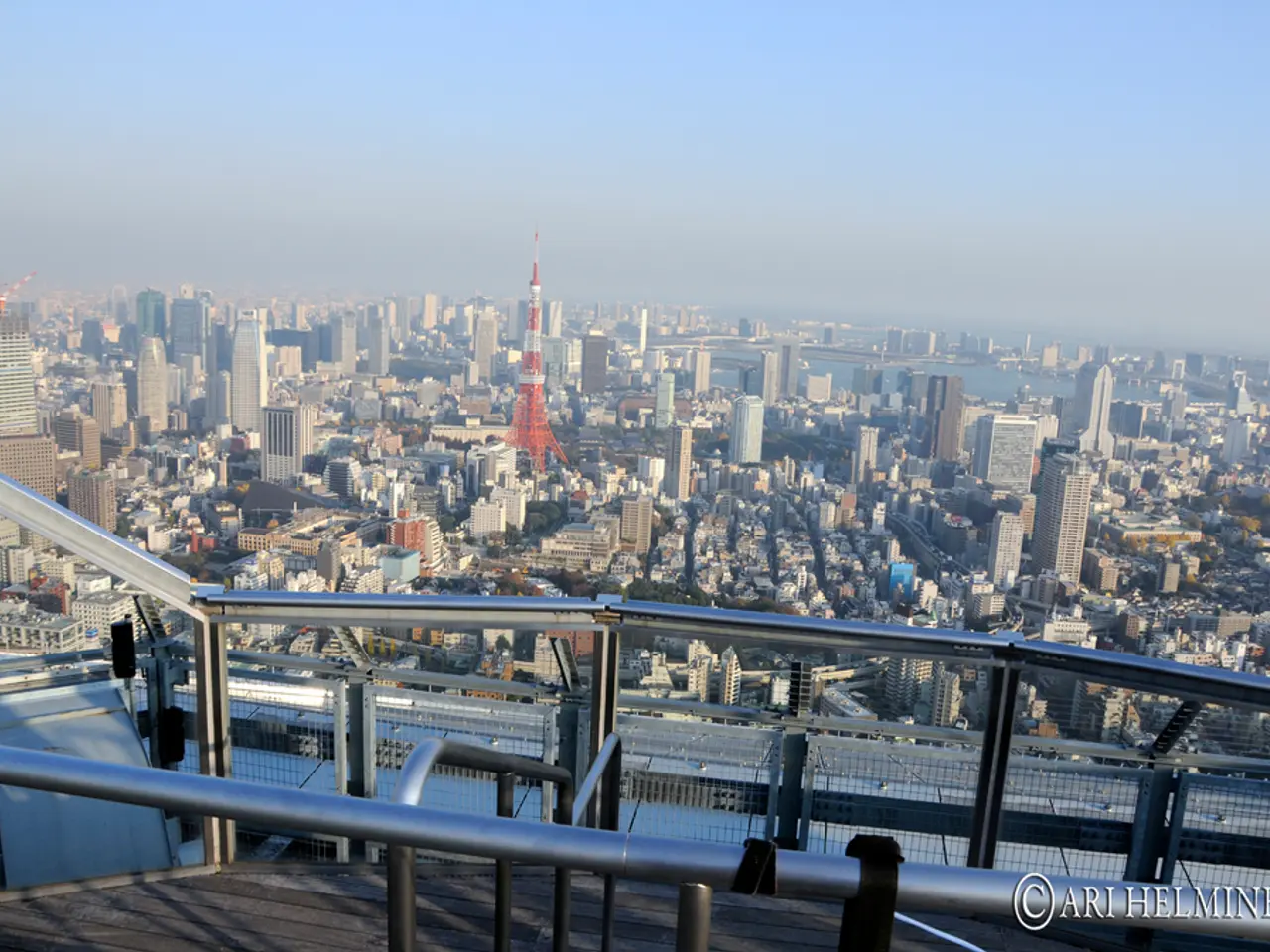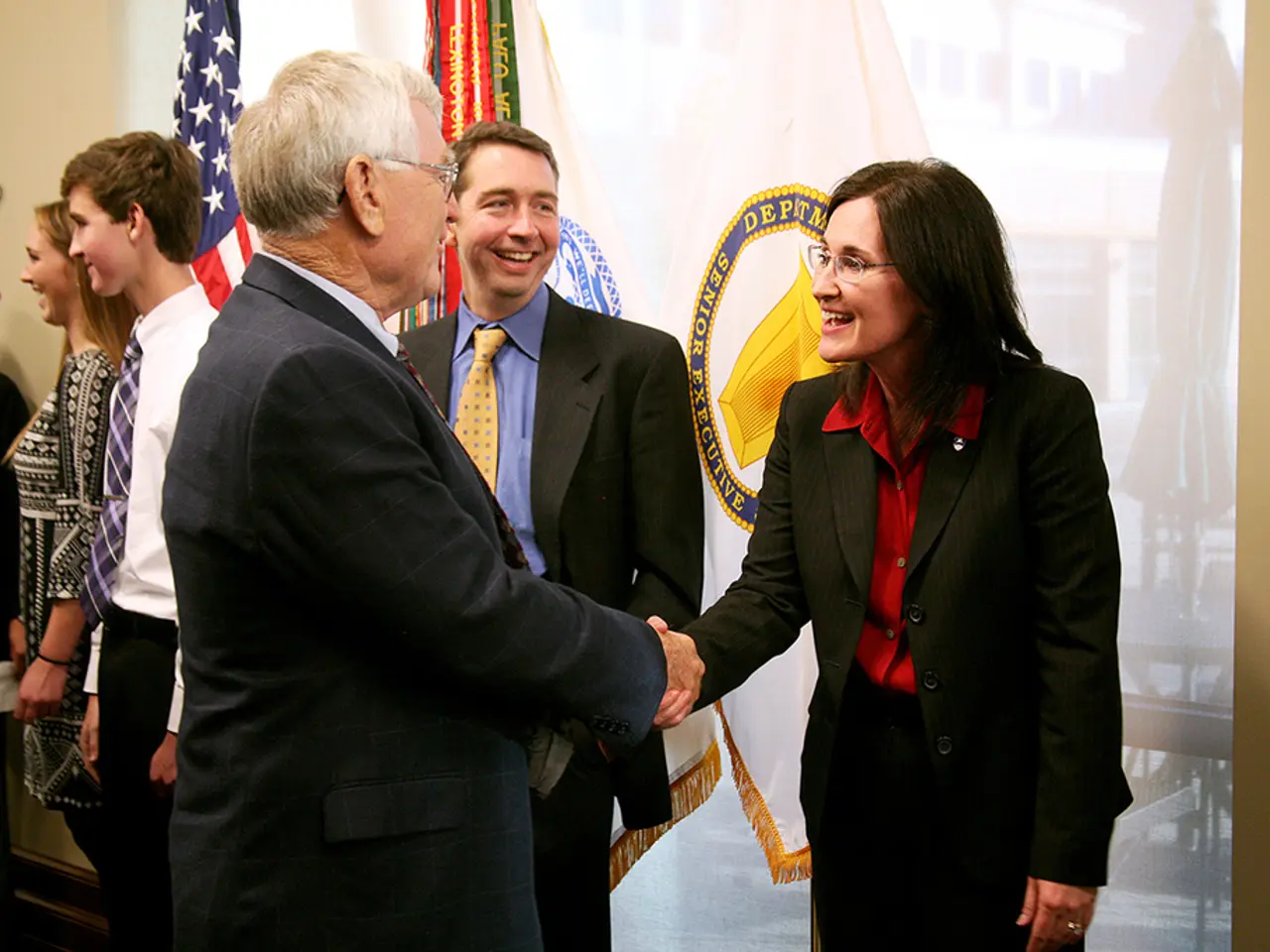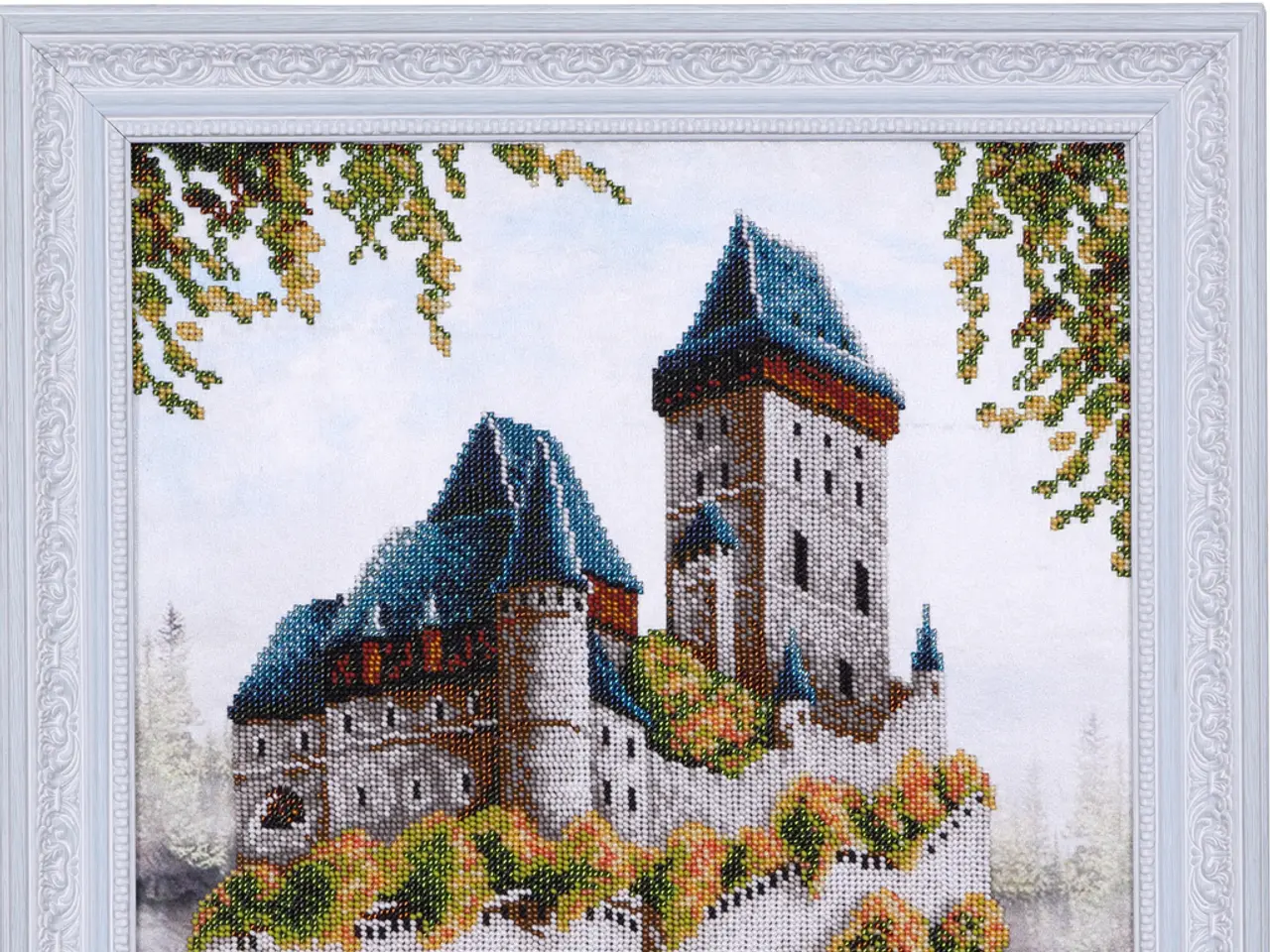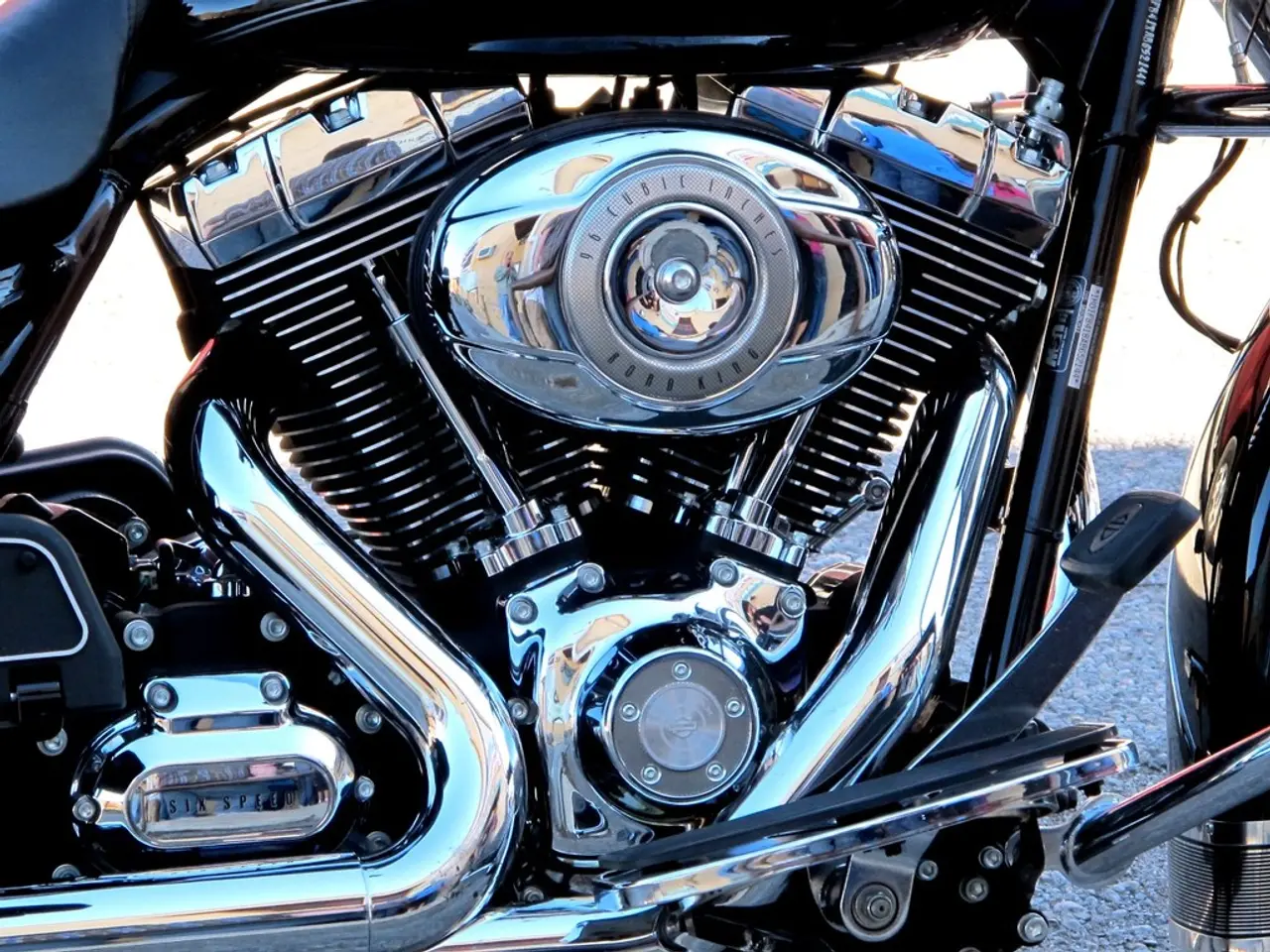French President Macron requests a table setting.
In a move that has sparked controversy within the European Union, French President Emmanuel Macron recently engaged in a phone call with Russian President Vladimir Putin. The conversation, which was seen as a test of Moscow's interest in European counterparts on the Ukrainian track, has been met with criticism for various reasons.
Firstly, critics argue that Macron's decision to engage in direct talks with Putin, who has been widely condemned for his actions in Ukraine, may be seen as legitimizing his position. This is particularly sensitive given the ongoing conflict in Ukraine and the international sanctions imposed on Russia.
Secondly, the call comes at a time when the EU has been united in condemning Russia's actions in Ukraine and supporting Kyiv. Macron's decision to restart dialogue with Putin may be perceived as a divergence from this unified stance, potentially undermining EU cohesion.
Thirdly, the divergence in views between Macron and Putin on Ukraine's territorial integrity is a significant point of contention. Putin's insistence on recognizing new territorial realities in Ukraine contrasts sharply with Macron's support for Ukraine's sovereignty and territorial integrity.
Fourthly, concerns have been raised that Macron's call for a ceasefire and negotiations might inadvertently support Putin's narrative, which is not aligned with the EU's stance on Ukraine.
Meanwhile, the Trump administration's approach towards Russia and the Ukrainian conflict has raised concerns among Europeans. The failure to continue the supply of advanced weapons to Ukraine, halt sanctions pressure on Russia, and turn a blind eye to violations of existing measures have left Europeans feeling sidelined from the negotiations.
In light of this, Macron is not satisfied with this exclusion and is aware of the criticism from the expert community regarding European passivity. He aims to demonstrate his potential as a mediator by discussing possible initiatives with Russia.
However, Paris is not seen as suitable as a mediator, given the vast difference in its positions from Moscow. Moreover, discussions on both the Ukrainian and Iranian situations should ideally be held with the US, as France can offer little to Russia on the negotiating table.
Despite these challenges, the coordination of Russia and France, two nuclear powers, could potentially play a role in preparing a final deal on Iran's nuclear program. Macron may have contacted Putin regarding the Iranian ballistic missile issue, highlighting the potential for cooperation on common ground issues such as Iran's nuclear program, stability in the Middle East, and Iranian-Israeli relations.
In the coming summer, Macron is expected to publish an updated security strategy, and it's likely to include harsh words about Russia. This move may face criticism within the EU, particularly from Poles, Baltic states, and Germans, over this call.
In conclusion, Macron's phone call with Putin has stirred a storm of controversy within the EU. While some see it as a bold move to engage with Russia, others view it as a dangerous step that risks legitimizing Putin's position and undermining EU cohesion. As the situation unfolds, it remains to be seen how this call will impact Macron's role as a potential mediator and France's position within the EU.
[1] https://www.reuters.com/world/europe/macron-faces-criticism-eu-over-contact-putin-ukraine-2021-04-29/ [2] https://www.politico.eu/article/macron-putin-ukraine-call-divides-eu-member-states/ [3] https://www.france24.com/en/europe/20210429-macron-faces-criticism-for-calling-putin-over-ukraine-as-eu-stays-united-on-sanctions [4] https://www.aljazeera.com/news/2021/4/28/emmanuel-macron-faces-criticism-for-calling-putin-over-ukraine-conflict
- The phone call between French President Emmanuel Macron and Russian President Vladimir Putin has resulted in a flurry of criticism within the European Union, as some see it as a potential undermining of EU cohesion over policy-and-legislation regarding war-and-conflicts, particularly the ongoing conflict in Ukraine.
- The discussion around general-news, such as the international sanctions imposed on Russia and the call for a ceasefire and negotiations, has raised concerns about Macron's decision to engage with Putin, which may inadvertently support Putin's narrative that is not aligned with the EU's stance on Ukraine.
